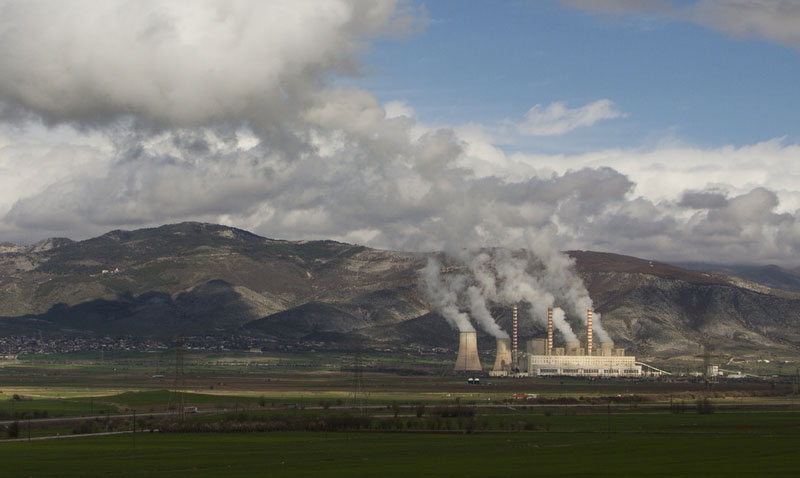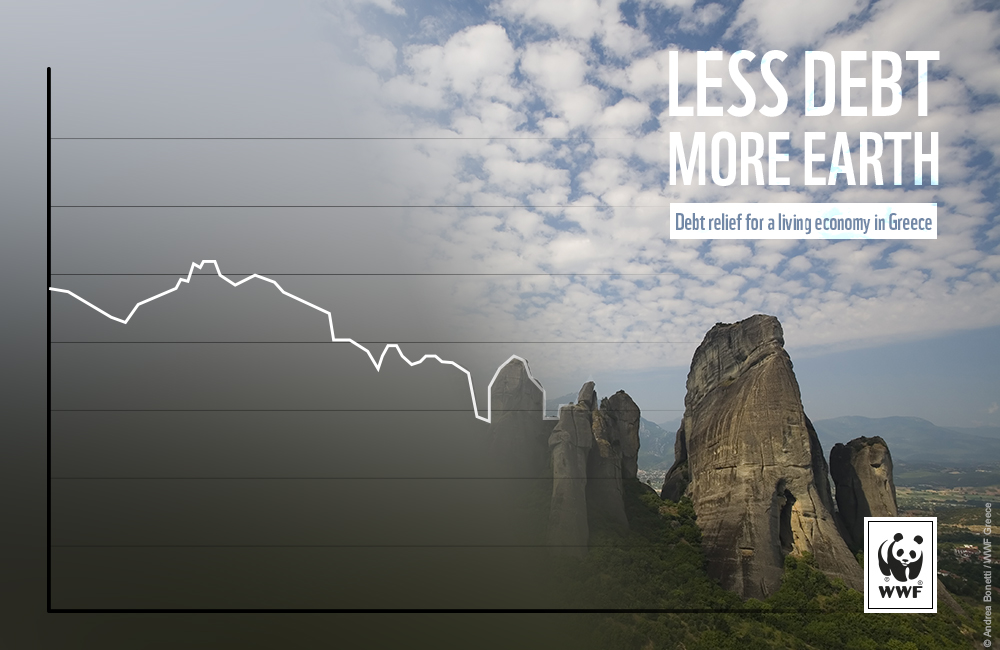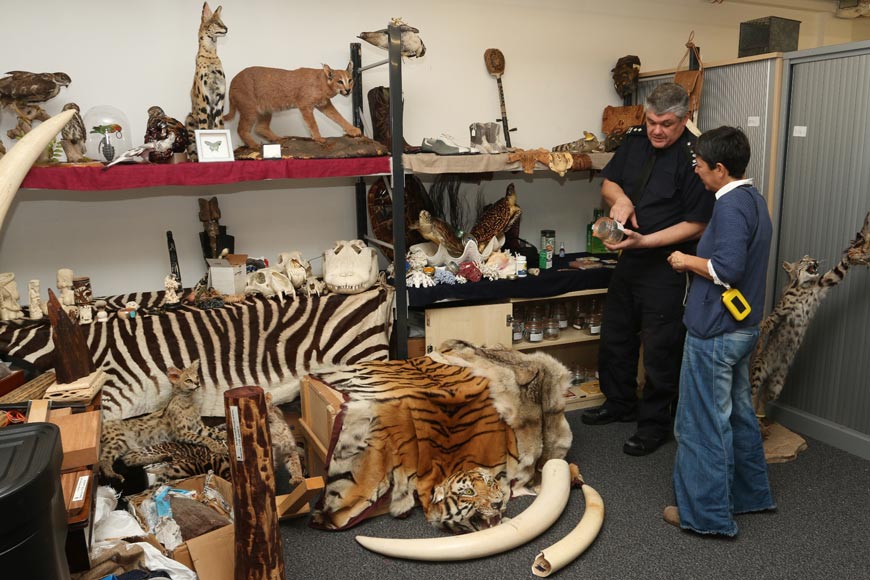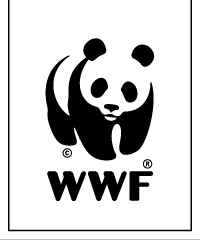14th February 2017: A historic day for transboundary Prespa
Monday, 20 March 2017
Environmental NGOs urge the three littoral countries and the European Union to move quickly ahead with the operation of the transboundary Prespa Park
Last Tuesday, 14th February 2017, was a historic day for Greece’s policy record in the field of nature conservation and sustainable development. The parliament of the country ratified the international ‘Agreement for the Protection and Sustainable Development of the Prespa Park Area’ by an overwhelming majority. The agreement was originally signed on 2nd February 2010 by the Ministers of Environment of the 3 littoral countries and the EU Commissioner for the Environment, but Greece did not ratify it for the 7 years that ensued. Nonetheless, it has now done so and the agreement is free to enter into force and be implemented.
The truth behind lignite mythology
Monday, 21 November 2016
The Greek Public Power Corporation knows perfectly well that its two new lignite units under development, won’t be economically viable unless they are allowed to emit CO2 without paying. That’s why GPPC is claiming in every possible forum that Greece should get a pertinent exemption from the EU Emissions Trading System (EU ETS) rules*. In its effort to conceal the real reason behind its desperate plea, which is the perpetual continuation of the lignite-based electricity model as recently described by Guardian, GPPC is employing a series of arguments, which couldn’t be further from the truth. It comes a moment though that all myths get busted.

WWF opens dialogue on green debt relief for a living economy in Greece
Wednesday, 02 November 2016
Seven years of crisis and austerity in Europe are placing great strain on the European project. In Europe’s nature, life goes on: Greece hosts a unique ecological treasury, which is threatened by increasing pressures for rapid but unsustainable growth and environmental deregulation. Greece’s debt can hardly be deemed sustainable and is crippling for the prospects of the country’s economy, environment and social well-being. This condition also prolongs the economic uncertainty of the entire euro-area. Debt relief seems inevitable. A green debt relief agreement, under the UN’s Sustainable Development Goals, can offer a long lasting solution to this European crisis.

Farewell to Luc Hoffmann
Friday, 22 July 2016
It is with deep sadness but also valuable memories, that we bid farewell to Luc Hoffmann, ‘father’ of WWF Greece and co-founder of WWF International.

His love for life on Earth brought Luc to the field of ecology many years ago, with numerous publications as an internationally acknowledged zoologist-ornithologist and a legendary track record of conservation efforts throughout the world. His endless love and concern about the future of the planet is also reflected in the number of organisations and protected areas that are very much his own creations – the international Ramsar Convention for the conservation of wetlands, the Tour du Valat wetlands research centre, the MAVA Foundation that has supported conservation efforts throughout the world, Doñana in Spain, Banc d’ Arguin in Mauritania and of course Prespa, of which he is an honorary citizen since 2003.
A great friend of our country, Luc fell in love with Greek nature from the 1950’s. He tirelessly studied the wetlands of Greece and founded many organisations such as WWF Greece, and the Society for the Protection of Prespa where he was President for many years. In 1999, Luc Hoffmann was also awarded the honour of the Order of the Phoenix by the President of the Hellenic Republic.
Luc Hoffmann will always be with us, through our thriving nature that he so loved and fought for but also though his writings such as the one below, that overflow with love for the beauties of our planet:
‘Greece is the country of diversity….Zeus must have hit this area with his hammer, splashing thousand islands in the sea and tearing the mainland into pieces so that the country’s coastline became as long as the one of the whole continent of Africa. This physical multiplicity is increased by a wide gradient of climates, ranging from almost subtropical to truly alpine conditions, as well as by a variety of mountains, hills, and plains, many of which scattered with wetlands. No wonder these conditions have produced an exceptionally rich living nature, in fact the highest biodiversity known in Europe. They are also at the origin of beautiful and deeply moving natural and man-made landscapes. Altogether, these form the natural heritage of Greece.’
Is there a future for Western Macedonia without lignite?
Thursday, 14 July 2016
There is an alternative route for the economy of Western Macedonia, which for decades is being severely undermined to supply electricity to the entire country. This is what two new reports, that WWF Greece made public today, show.
Safe environment for the refugees, better life for all
Thursday, 07 April 2016
Joint statement of environmental NGOs on the refugee crisis in Greece.
The undersigned environmental organisations care for the commons. In our work for the protection of the environment, humanity always features at the centre. In the midst of the humanitarian crisis happening now in Greece, we cannot be passive observers of the dramatic situation of tens of thousands of uprooted women, men and children who are stranded and desperate all around our country.
Illegal wildlife trade: action taken to fight it in Greece
Monday, 22 February 2016
Illegal wildlife trade is a serious issue that affects many animal and plant species all over the world. However, it is also a highly profitable business that is spreading worldwide. Every year the aggregate number of victims surpasses 10 million wildlife animals and plants, while the turnover of illegal activity is estimated at about 22 billion dollars, making wildlife trade the fourth most lucrative illegal trade globally.

Guy Shorrock/RSPB
The Commission shuts the door to Ptolemaida III
Thursday, 28 January 2016
Irrevocably negative is the European Commission's response to the request submitted by the Greek Government in May 2015 to reopen the destroyed by fire lignite unit "Ptolemaida III." It is the oldest and one of the most polluting lignite units for which the Greek Ministry of Environment and Energy had requested formally to extend its operation beyond the expiration of its environmental permit through a Limited Lifetime Derogation (Article 33 of the Industrial Emissions Directive).
WWF addresses the IMF, EU and ECB on Greece’s environmental rollback
Tuesday, 22 December 2015
In a letter addressed to the representatives of the creditor institutions in Greece Delia Velculescu (IMF), Declan Costello (EC) and Rasmus Rüffer (ECB), the environmental organisation WWF Greece sheds light on the environmental rollback, intransparency and bad law-making, which plague the country and have worsened during the crisis.
An underwater message from Gyaros to Paris!
Thursday, 03 December 2015
We have recently discovered underwater living treasures around the island of Gyaros in the Cyclades Life project. Elina and Christos, WWF's scientists who devoted the last 2 years of their life to protecting the underwater treasures of Gyaros are not prepared to just stand and watch them die from global warming.
Page 1 of 2
Share this



